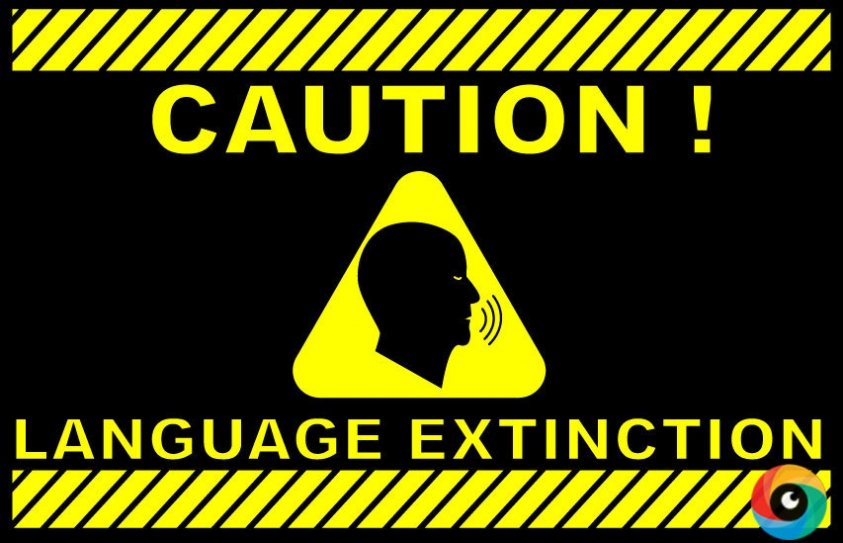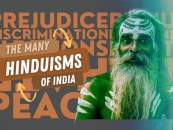
Endangered Language?
by Aaron Edwards August 1 2017, 5:10 pm Estimated Reading Time: 2 mins, 40 secsLanguage is the communication of thoughts and feelings through signals, writing or sounds. But on a wider level, language represents the different cultures of different communities. As newer languages develop and the more popular languages take over, the newer generations do not learn some of the older languages. When the number of speakers of a particular language are critically low, the language is considered as an endangered language, and when the last remaining speaker of a language dies, the language becomes extinct.
There can be many reasons for a language to get extinct, one of them can be genocide or when a country is invaded by foreigners. Another major reason can be when a community finds itself under pressure to integrate with a larger or more powerful group. Sometimes the people learn the outsiders' language in addition to their own like learning English in India. When a community loses its language, it often loses a great deal of its cultural identity at the same time.
Language loss may be voluntary or involuntary but it is often felt as a loss of social identity. This does not mean language loss leads to loss of cultural identity as in the case of Adivasi tribes of Odisha who have gradually over the generations learnt the local common languages like Hindi and Odia and forgotten their own but still follow in their traditional tribal methods of life. But language is a powerful symbol of a group's identity. Much of the cultural, spiritual, and intellectual life of people is experienced through language. This includes prayers, myths, poetry, oratory, humour, technical vocabulary, etc. When a language is lost all these need to be readjusted to the new language and a lot of culture is lost in the process.
When a language dies, a lot is lost from a scientific point as well. A community’s history is passed down through language, and the loss of that language may take with it our ability to study the early stages of that group. Also, different languages help us to study how the human mind functions to understand these languages, to uncover why children who grow up speaking two or more languages learn those languages just as well as children who grow up speaking only one language.
In India, we have 5 extinct languages and 9 critically endangered languages which have less than 100 speakers each. Mass migration due to urbanisation is causing people to let go of their traditional languages and learn the dominant territorial language in order to get jobs and communicate. English medium schools forbid the use of vernacular languages in the school premises.
Because so many languages are in danger of disappearing, linguists are trying to learn as much as possible about them, so that even if the language disappears, all knowledge of the language won't disappear at the same time. Researchers make videotapes, audiotapes, and written records of language use in both formal and informal settings, along with translations. This will help preserve languages even if no last remaining speaker survives. Linguists are also coming up with ways through which communities can preserve their languages and in turn their cultural heritage in ways that it does not hamper growth and communication.




-173X130.jpg)
-173X130.jpg)
-173X130.jpg)
-173X130.jpg)

-173X130.jpg)
-173X130.jpg)
-173X130.jpg)